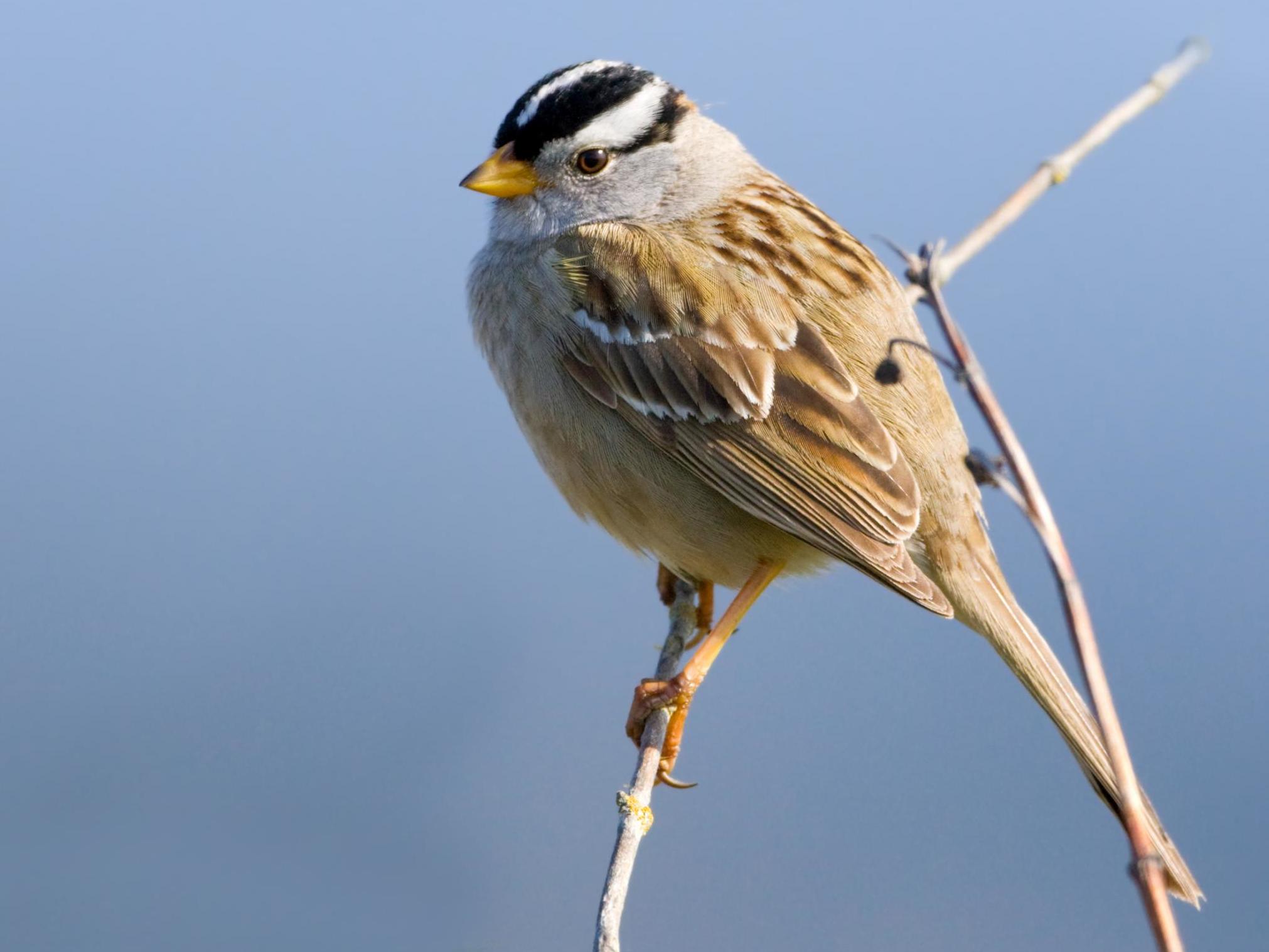World’s most widely used insecticide ‘makes songbirds anorexic’
This is first research to link neonicotinoids to alarming decline in migratory bird species

Your support helps us to tell the story
From reproductive rights to climate change to Big Tech, The Independent is on the ground when the story is developing. Whether it's investigating the financials of Elon Musk's pro-Trump PAC or producing our latest documentary, 'The A Word', which shines a light on the American women fighting for reproductive rights, we know how important it is to parse out the facts from the messaging.
At such a critical moment in US history, we need reporters on the ground. Your donation allows us to keep sending journalists to speak to both sides of the story.
The Independent is trusted by Americans across the entire political spectrum. And unlike many other quality news outlets, we choose not to lock Americans out of our reporting and analysis with paywalls. We believe quality journalism should be available to everyone, paid for by those who can afford it.
Your support makes all the difference.Songbirds exposed to the world’s most widely used insecticide exhibit “anorexic behaviour” and delay their migration because they needed more time to feed, according to new research.
This is likely to severely harm their chances of surviving and reproducing, scientists said, adding that imidacloprid could be driving dramatic declines in global songbird populations.
This research is the first to provide evidence of a link between a group of insecticides called neonicotinoids – applied as spray on most major crops worldwide – and the overall population declines observed in many migratory species.
Previously the toxic effects of neonicotinoids were only thought to affect insects.
“Our study shows that this is bigger than the bees – birds can also be harmed by modern neonicotinoid pesticides, which should worry us all,” said Bridget Stutchbury from York University, who was involved in the research, published in the journal, Science.
A growing body of research is showing that insecticides such as imidacloprid significantly harm a number of species. Scientists believe that birds, which use agricultural environments as habitats or foraging stopovers during migration, are routinely exposed to these pesticides.
“We saw these effects using doses well within the range of what a bird could realistically consume in the wild – equivalent to eating just a few treated seeds,” said Margaret Eng, a post-doctoral fellow in the University of Saskatchewan Toxicology Centre and lead author on the study which looked at white-crowned sparrows who consumed small doses of imidacloprid.
In the experiment, researchers exposed individual sparrows to small doses of the pesticide in southern Ontario during a stopover on their spring migration.
Each bird’s body was measured before and after exposure. A lightweight radio transmitter was attached to the bird’s back.
They found birds given a higher dose of the pesticide lost 6 per cent of their body mass within just six hours. One dose caused birds to stay 3.5 days longer at the stopover site before resuming their migration, scientists found.
“Both of these results seem to be associated with the appetite suppression effect of imidacloprid. The dosed birds ate less food, and it’s likely that they delayed their flight because they needed more time to recover and regain their fuel stores,” said Dr Eng.
In North America, three-quarters of bird species rely on agricultural land that has significantly declined since 1966. This study shows pesticides could be directly contributing to catastrophic declines in birds.
“Migration is a critical period for birds, and timing matters. Any delays can seriously hinder their success in finding mates and nesting, so this may help explain, in part, why migrant and farmland bird species are declining so dramatically worldwide,” said study author Christy Morrissey, an ecotoxicologist from the University of Saskatchewan.
Join our commenting forum
Join thought-provoking conversations, follow other Independent readers and see their replies
Comments